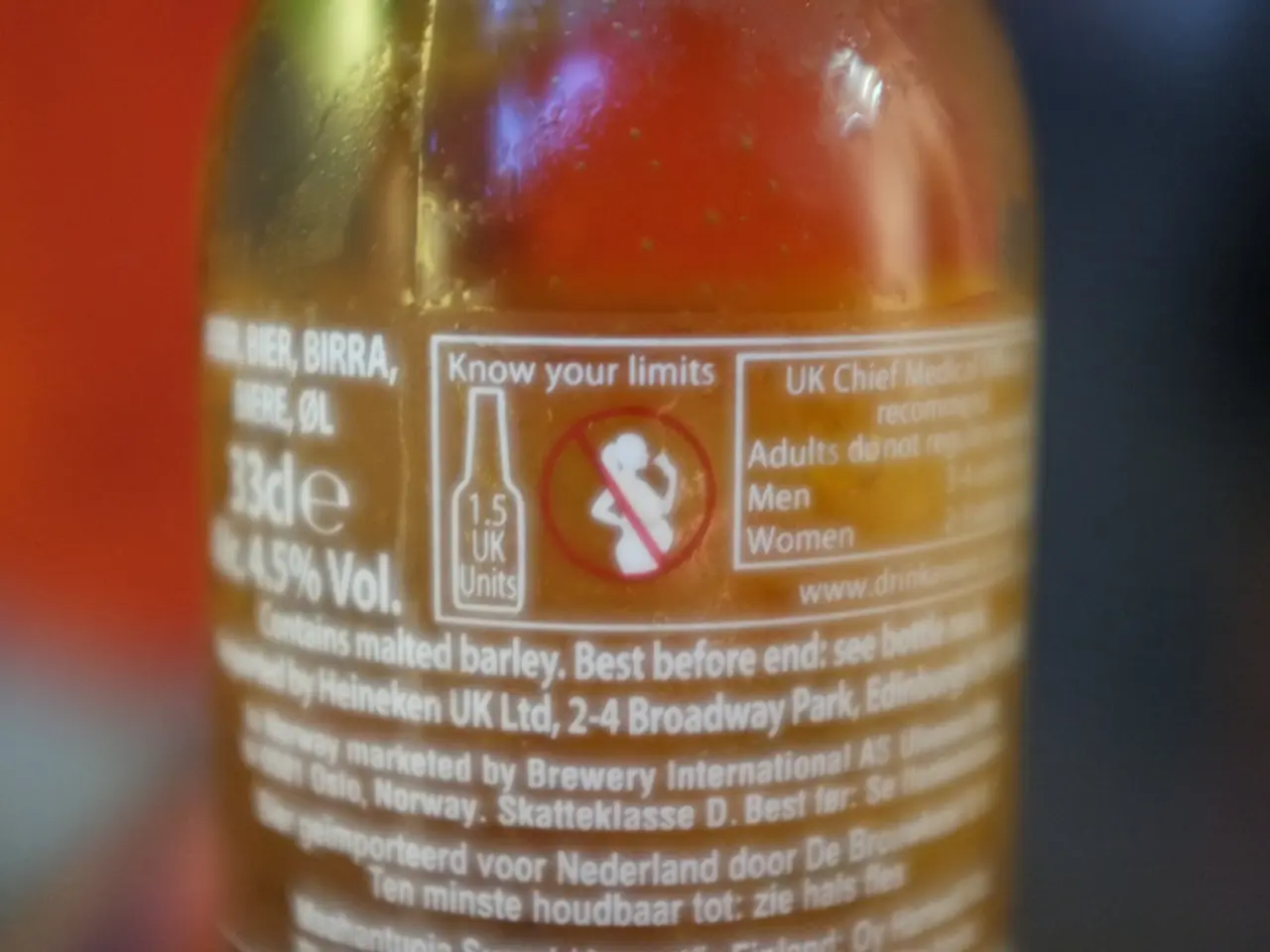ENT Specialist Warns Against Decongestant Drops for Cold Treatment
Self-treatment of a cold or acute rhinitis often involves oral decongestants. However, Dr. Vladimir Zaitsev, an ENT specialist, warns against using decongestant drops due to potential addiction. Instead, he recommends mucolytics and other remedies.
For severe cases, using children's decongestant drops with half the active ingredient concentration is advised. Oily drops like almond or apricot oil can soften nasal mucosa. Corticosteroid drugs, with one spray in each nostril, can reduce nasal mucosa swelling and promote mucus discharge.
If symptoms fluctuate and then improve, no doctor's visit is necessary. However, if symptoms persist for a week with increasing, thickening, and greenish discharge, and facial pressure, a doctor should be consulted. Acute rhinitis can progress to acute sinusitis if left untreated. Dr. Zaitsev recommends hormonal medications such as intranasal corticosteroids as alternatives to decongestants with dependency risk.
Self-treatment of a cold or acute rhinitis can involve oral decongestants, but Dr. Vladimir Zaitsev advises caution due to potential addiction. Other remedies like mucolytics, oily drops, and corticosteroid drugs can be used. If symptoms worsen or persist, seek medical advice to prevent progression to sinusitis.







